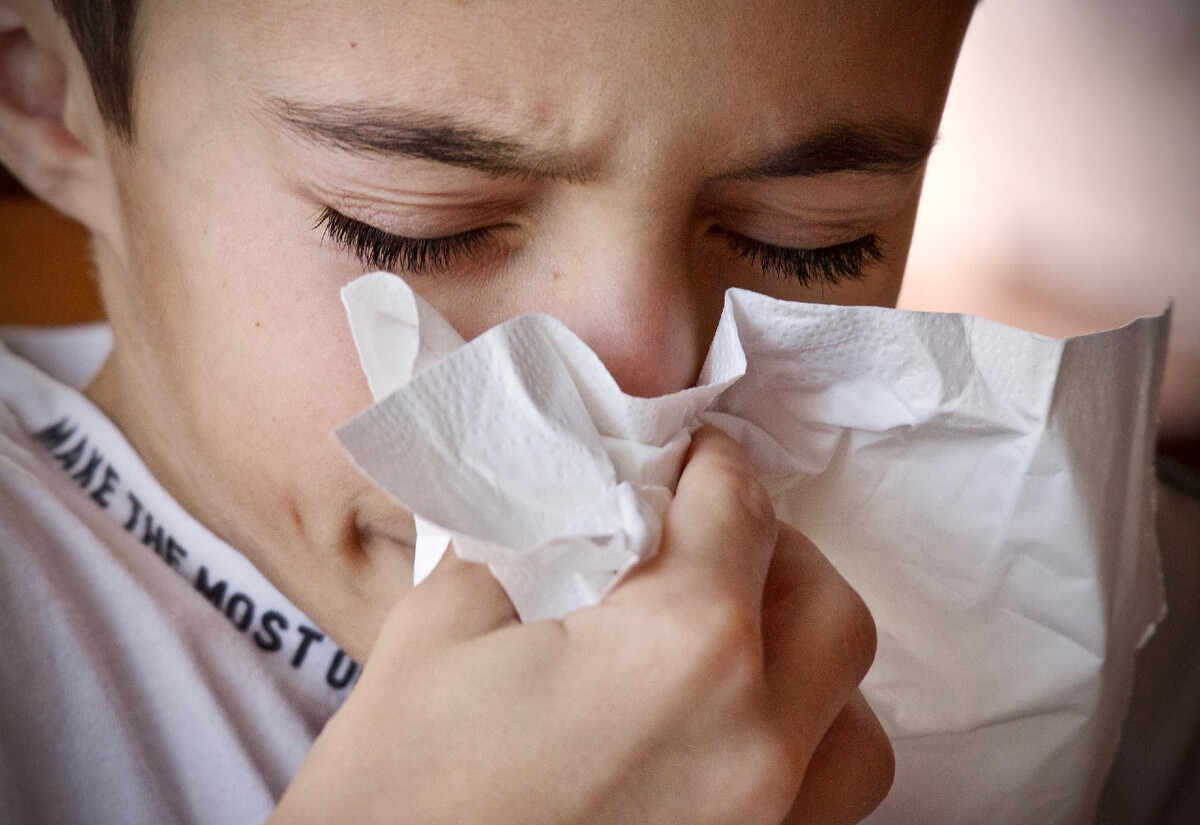Whooping cough epidemic - what to look for
24 November 2024, 4:30 PM
 Tamariki (children) are most at risk from whooping cough and national cases are the highest they have been during a four-week period for all of 2024. PHOTO: file
Tamariki (children) are most at risk from whooping cough and national cases are the highest they have been during a four-week period for all of 2024. PHOTO: file Whooping cough (pertussis) cases have been climbing and New Zealand is now in the early stages of an epidemic, Manatū Hauora Ministry of Health (MoH) said on Friday.
Primary schools in Central have been communicating about cases in Cromwell with families via newsletters and social media posts.
Parents have been asked to keep children home if they are symptomatic.
Symptoms are a blocked or runny nose, sneezing, a mild fever, ongoing spasms of coughing.
After about one week symptoms include: coughing that leads to vomiting, uncontrollable coughing fits, and a thick mucus that can make you choke or vomit.
The MoH announcement comes after health officials met to review the latest national and international trends in the disease.
With case numbers consistently increasing for several weeks across the country, numbers are now at a level that meets the threshold for a national epidemic to be declared.
Latest ESR reporting shows that following spikes in May, June and July, whooping cough cases have been steadily increasing again since September.
In the period between October 19 and November there has been 263 cases – the highest number of cases over a four-week period to date for all of 2024.
Whooping cough spreads easily between people by coughing and sneezing.
A person with whooping cough is likely to be infectious from the week before they start coughing when they have cold-like symptoms, to three weeks after the cough begins.
This is when they can give whooping cough to other people.
If you have these symptoms please contact your doctor, they can do a swab test to diagnose.
Antibiotics can reduce the length of time you are contagious.
Te Whatu Ora Health New Zealand national clinical director, protection Dr Susan Jack said the national public health service was well prepared to manage the epidemic, with a national response team stood up to coordinate and support activity across public health services.
“Our last major outbreak of pertussis was in 2017, but they can last for months and potentially for a year or more, so this will be a marathon, not a sprint.”
Dr Susan said healthcare professionals should remain vigilant for people presenting with symptoms and to continue to promote on-time vaccinations to protect vulnerable groups.
“‘Whooping cough is a highly contagious illness that can be particularly dangerous for newborn babies, and older adults, and in some cases it can be fatal.
“Sadly, three babies died from whooping cough last year, and we want to avoid that happening again.”
Around 50 per cent of pēpi (babies) who catch whooping cough before the age of 12 months need hospitalisation and one or two in 100 of those hospitalised pēpi die from the infection.
Childhood vaccinations to protect against whooping cough were needed at ages six weeks, three months and five months, and again at four years.
A further booster is given at age 11 years (school Year 7), and it was important children were kept up to date with all of their vaccinations to provide the best protection for themselves and their wider whānau.
If children have missed their vaccinations, it’s not too late to catch up.
Find more information about whooping cough on HNZ webpage
Check out The Central App’s Health section for local provider information.
NEWS
WHAT'S ON






